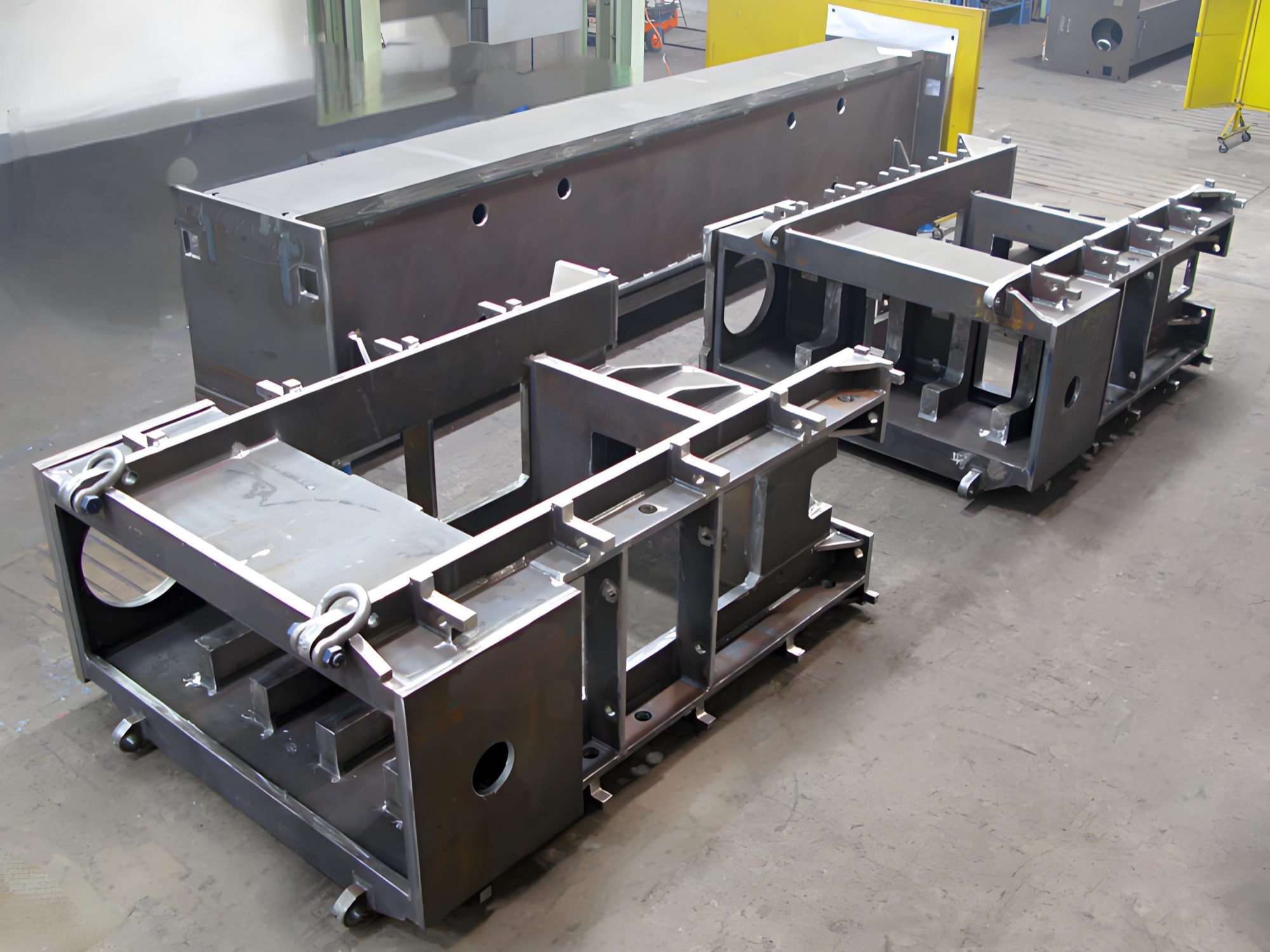Metal Fabrication: The Backbone of Modern Manufacturing
Metal fabrication is a critical industry that forms the foundation of modern manufacturing processes. By transforming raw metals into components and finished products, this specialized craft drives innovation across countless sectors. In this article, we delve into the intricacies of metal fabrication, exploring its methods, applications, and role in the global economy.
What is Metal Fabrication?
Metal fabrication refers to the process of building machines and structures from raw metal materials. This comprehensive process involves cutting, shaping, and assembling metals to create a variety of products.
Key Components of Metal Fabrication
· Raw Materials: Common metals used include steel, aluminum, copper, and stainless steel.
· Tools and Equipment: CNC machines, welding torches, and plasma cutters are standard in the industry.
· Skilled Workforce: Experienced fabricators are essential for precision and quality.
Types of Metal Fabrication
· Custom Fabrication: Tailored solutions for unique client needs.
· Industrial Fabrication: Large-scale production for industries like automotive and construction.
· Architectural Fabrication: Specialized in creating aesthetic and functional designs for buildings.
Metal Fabrication Processes
The fabrication process involves a combination of techniques to achieve the desired outcome. Below are some of the most common methods.
Cutting
Cutting is the first step in most fabrication projects, where raw metal sheets or bars are reduced to size.
· Laser Cutting: High precision and suitable for intricate designs.
· Plasma Cutting: Effective for thicker materials.
· Shearing: A cost-effective method for straight cuts.
Forming
Forming transforms flat metal sheets into three-dimensional shapes without removing material.
· Bending: Achieved using press brakes or rollers.
· Stamping: Ideal for mass production of complex shapes.
Welding
Welding joins two or more metal pieces together, creating a robust and durable bond.
· MIG Welding: Commonly used for its speed and versatility.
· TIG Welding: Preferred for precision applications.
Applications of Metal Fabrication
Metal fabrication impacts nearly every industry, supplying essential components and systems.
Automotive Industry
Fabricated metal parts are vital for vehicle frames, engines, and exhaust systems.
Construction Sector
Structural steel, beams, and panels are fabricated for residential and commercial projects.
Aerospace and Defense
High-precision components ensure safety and performance in aircraft and defense systems.
Benefits of Metal Fabrication
Metal fabrication offers numerous advantages that make it indispensable to modern industries.
Strength and Durability
Fabricated metal components are designed to withstand extreme conditions and heavy usage.
Cost-Effectiveness
Advancements in technology, such as CNC automation, have reduced production costs while increasing efficiency.
Customization
Fabrication allows for tailored solutions, meeting specific design and functional requirements.
Trends in Metal Fabrication
The industry continues to evolve with new technologies and practices.
Automation and Robotics
CNC machines and robotic arms enhance precision, speed, and safety.
Sustainable Practices
Recycling and using eco-friendly materials contribute to a greener future.
3D Printing
Additive manufacturing is revolutionizing how prototypes and small components are fabricated.
Choosing the Right Metal Fabrication Partner
Selecting a reliable partner is crucial for project success.
Factors to Consider
· Experience: Look for a company with a proven track record.
· Capabilities: Ensure they offer the services and expertise you need.
· Quality Assurance: Verify their adherence to industry standards and certifications.
Conclusion
Metal fabrication is an indispensable pillar of modern industry, combining tradition with innovation to meet the demands of a dynamic market. By understanding its processes, applications, and trends, businesses can leverage this craft to gain a competitive edge. Partnering with the right fabricator ensures quality, efficiency, and long-term success.
For more insights and expert services in metal fabrication, visit www.metalfabcustom.com.

